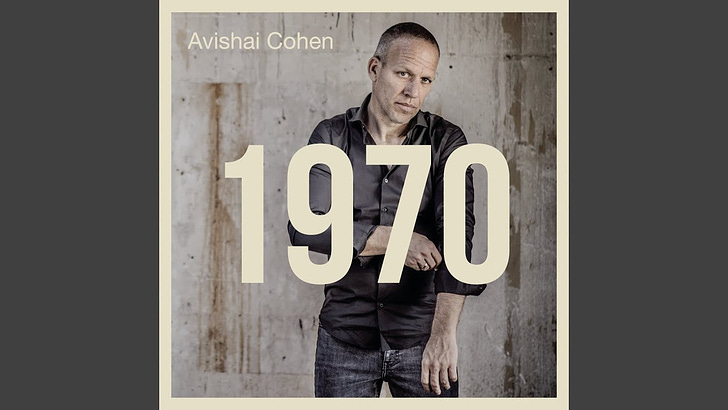(A beautiful rendition of Dror Yikra by Avishai Cohen. God shows us love not only through our uniqueness, but also with Shabbat which is the one day that we can be truly free.)
“The Day you were born was the day that God decided the world could not exist without you.” Rabbi Nachman of Bratzlav.
“Ima, do identical twins have the same fingerprints?” my daughter asked me recently. I had to look it up, but the answer was “no.” Even with the same DNA sequence, their fingerprints will be different because of the environmental variances they experience within the same womb. From inception, no two people are exactly the same because the genetic reality of who we are interacts with two life paths that can never be identical. The genius of God’s creation is that we can all be equally made in God’s image, and can count Adam and Eve as our ultimate ancestors, but each one of us is completely different. (Sanhedrin 4:5)
As we begin the Book of Numbers, we encounter a detailed census of the Israelites. Each member is counted, in every sense of the word. They are not an undifferentiated mass, they are a people made up of manifestly different individuals. Rabbi Shai Held in his amazing book The Heart of Torah, offers insightful lessons about this message in our parasha.
He, like I, harbor fears about ancient texts being marshaled for modern, narcissistic purposes. There is a tendency in the liberal movements of Judaism to foreground texts about individual agency over communal responsibility in a nod to the zeitgeist. However, Held reminds us that we should not shunt texts aside because of a bias in the way we read them today. In taking note of our uniqueness, we should not only recognize what makes us special, but also which distinctive responsibilities necessarily correlate to our gifts. There are some gifts only we can give, and as such, it is upon us to identify the proper outlets for our talents and passions, and bring the fullness of ourselves to our singular mission.
He also teaches us that our tradition’s recognition of our uniqueness leads us to understand that every individual is utterly irreplaceable. He writes, “Jewish theology affirms that when parents cry over the death of their child and wail that someone singularly precious has been lost, they are giving voice not only to their own personal pain but also to a fundamental truth about the universe. Uniqueness, and therefore irreplaceability, are constitutive of our humanity.” (94)
Our tradition teaches us that to save one life is to save a whole world. When one dies, an entire universe is also lost along with them. The loss of one person cannot be replaced with the birth of another — each of God’s creations is completely singular.
We live in a world where entire families and even neighborhoods can be destroyed in an instant. We exist in a technological age where human beings are are constantly reduced to data points and demographics. More and more, human beings are put in reductive boxes that flatten and demean the grandeur and miraculousness of our human existence. As we begin the Book of Numbers and also the month of Sivan, let us remember that God loved us enough to make us irreplaceable and completely unique. That uniqueness imbues us with unique responsibility, and also ennobles us in the face of dehumanization. To truly defend humanity is to defend individual difference — that is the only way not only to affirm our value, but also to recognize the genius and love of our Creator.
Shabbat Shalom and Hodesh Tov! (Have a peace shabbat and a good new month!)



